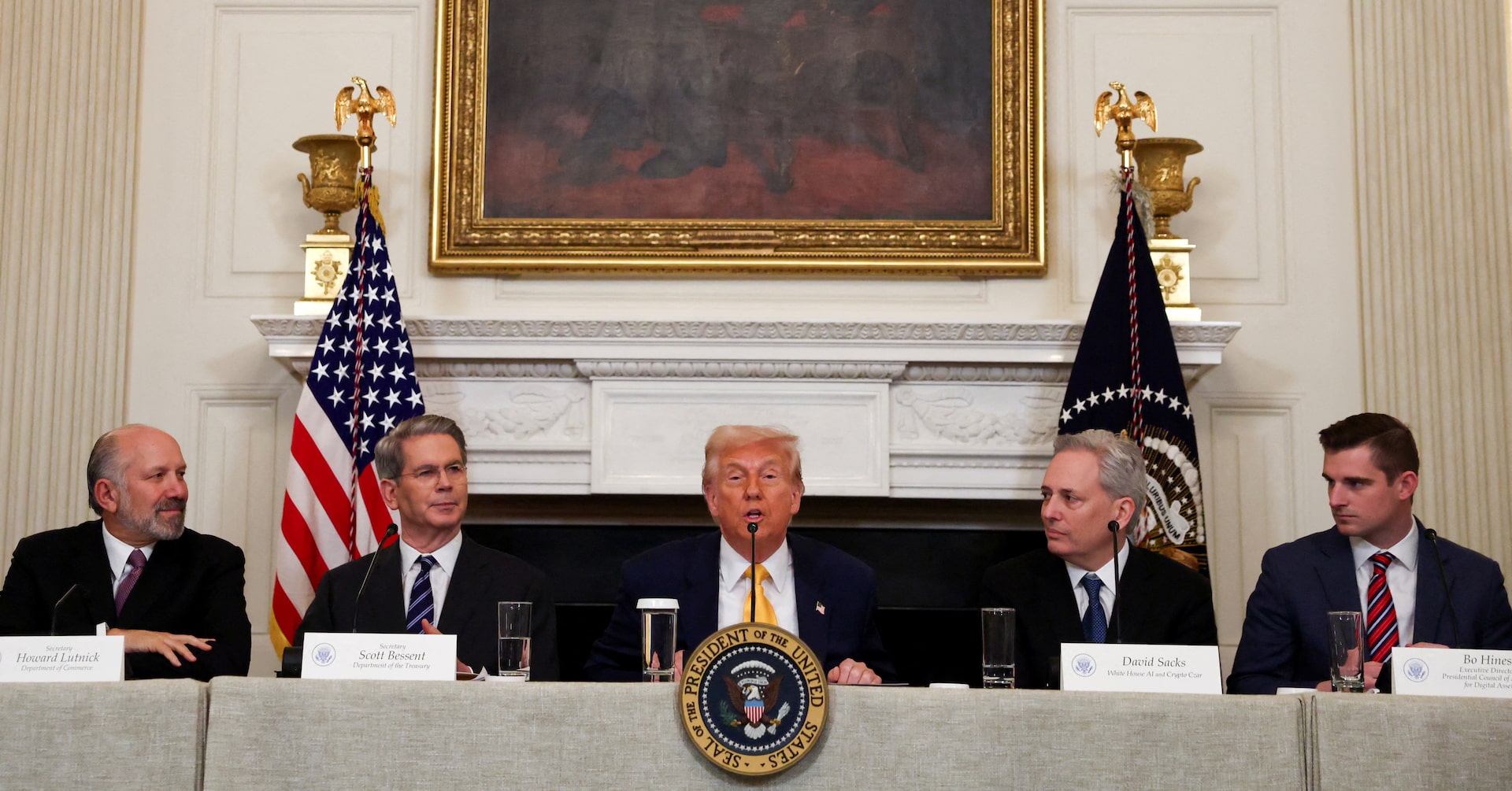Crypto Comeback: Pakistan's Bold Gambit to Attract Global Investors

Pakistan is set to revolutionize its digital financial landscape by developing a comprehensive legal framework for cryptocurrency trading. This strategic move aims to attract international investors and position the country as an emerging hub for blockchain and digital finance.
The government's proactive approach signals a significant shift in its stance towards digital currencies, recognizing the potential for economic growth and technological innovation. By creating clear regulatory guidelines, Pakistan hopes to provide a secure and transparent environment for cryptocurrency transactions, which could potentially draw foreign investment and stimulate the nation's tech-driven economic sectors.
Experts believe this initiative could be a game-changer for Pakistan's financial ecosystem, offering opportunities for tech entrepreneurs, investors, and blockchain developers. The proposed legal framework is expected to address key concerns such as investor protection, anti-money laundering measures, and tax implications, thereby building confidence in the emerging digital asset market.
As global interest in cryptocurrencies continues to surge, Pakistan's move demonstrates its commitment to embracing digital transformation and staying competitive in the rapidly evolving global financial technology landscape. This forward-thinking strategy could potentially unlock new economic opportunities and attract international capital to the country's burgeoning digital finance sector.








